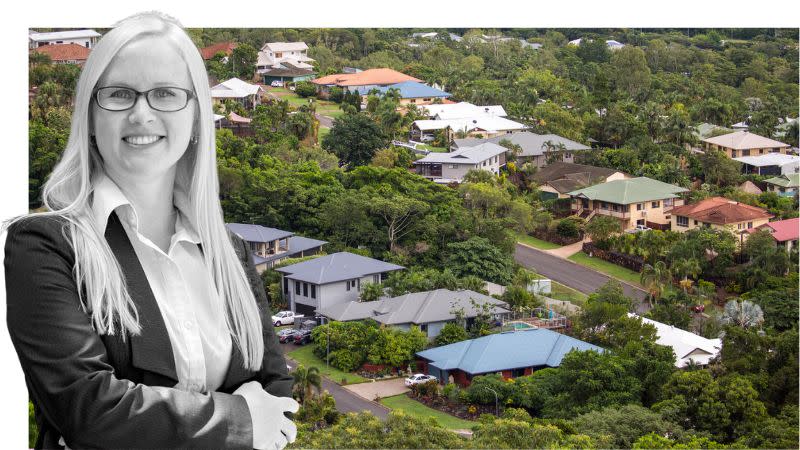Resources
Newsletter
Stay up to date and with the latest news, projects, deals and features.
Subscribe
The peak body for Queensland’s property industry has warned a new land-use zone proposed as part of the state’s planning reforms could backfire and hamper moves to speed up the delivery of much-needed homes.
The Queensland government this week introduced a new housing Bill to state parliament aimed at streamling residential development and unlocking land supply to combat housing supply challenges.
Under the Bill, new measures are proposed to improve the planning framework “to deliver more homes faster”.
Key to the reforms is a new development assessment pathway to be known as State Facilitated Development for projects that are deemed a state priority, including infill development and affordable housing.
Significantly, there would be no third-party appeal rights and assessment would not be bound by the state development assessment provisions or local planning schemes.
But also among the legislative changes is the introduction of an Urban Investigation Zone that would enable local governments to “pause” development while finalising land-use and infrastructure planning in growth areas.
The zone will prohibit variation applications from being lodged with local governments.
According to the Property Council, the proposed reforms had been broadly welcomed by the industry, in particular, the State Facilitated Development pathway.
“Given the scale of the housing challenge in front of us, these measures will be critical in delivering on National Cabinet’s target of 1.2 million well-located homes over the next five years,” Property Council Queensland executive director Jen Williams said.
“The government should also be congratulated on creating new powers so that they can acquire land for easements and critical development infrastructure.
“Land fragmentation and lack of infrastructure are key barriers to the delivery of housing and the new provisions will enable the state government to work together with the private sector to tackle these challenging and costly issues.”
But she warned the Achilles’ heel of the Housing Availability and Affordability (Planning and Other Legislation Amendment) Bill 2023 was the new Urban Investigation Zone.

Given it would allow local governments to put development into a “holding pattern” in certain areas, Williams said the industry feared it would be “counter-productive” to the delivery of new homes at the pace needed.
The Property Council first flagged its concern in August, following the release of the draft South East Queensland Regional Plan.
“Industry has already raised concerns regarding the amount of greenfield land available for development in south-east Queensland, and is further concerned that development on the land available will be subject to further delays,” Williams said.
“Prohibiting variation applications in these zones prevents the private sector from being able to bring forward new and innovative ways to address the delivery of much-needed new housing and infrastructure.”
Deputy premier and state development minister Steven Miles said the new Bill would provide a comprehensive response to the key challenges impacting the delivery of housing across the state.
“As the fastest-growing state, we need to be able to pull new levers in the planning and development system to deliver more homes, faster,” he said.
“This Bill will support the implementation of ShapingSEQ 2023—our blueprint for delivering 900,000 new homes needed in the south-east corner by 2046 to accommodate 2.2 million new residents.”